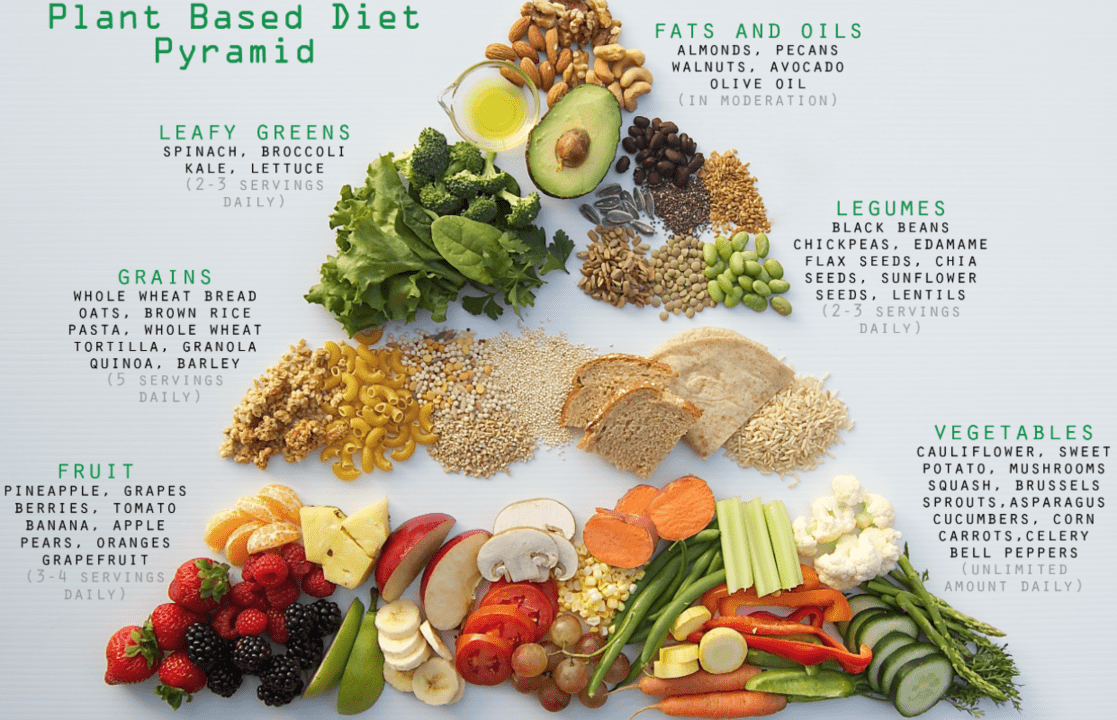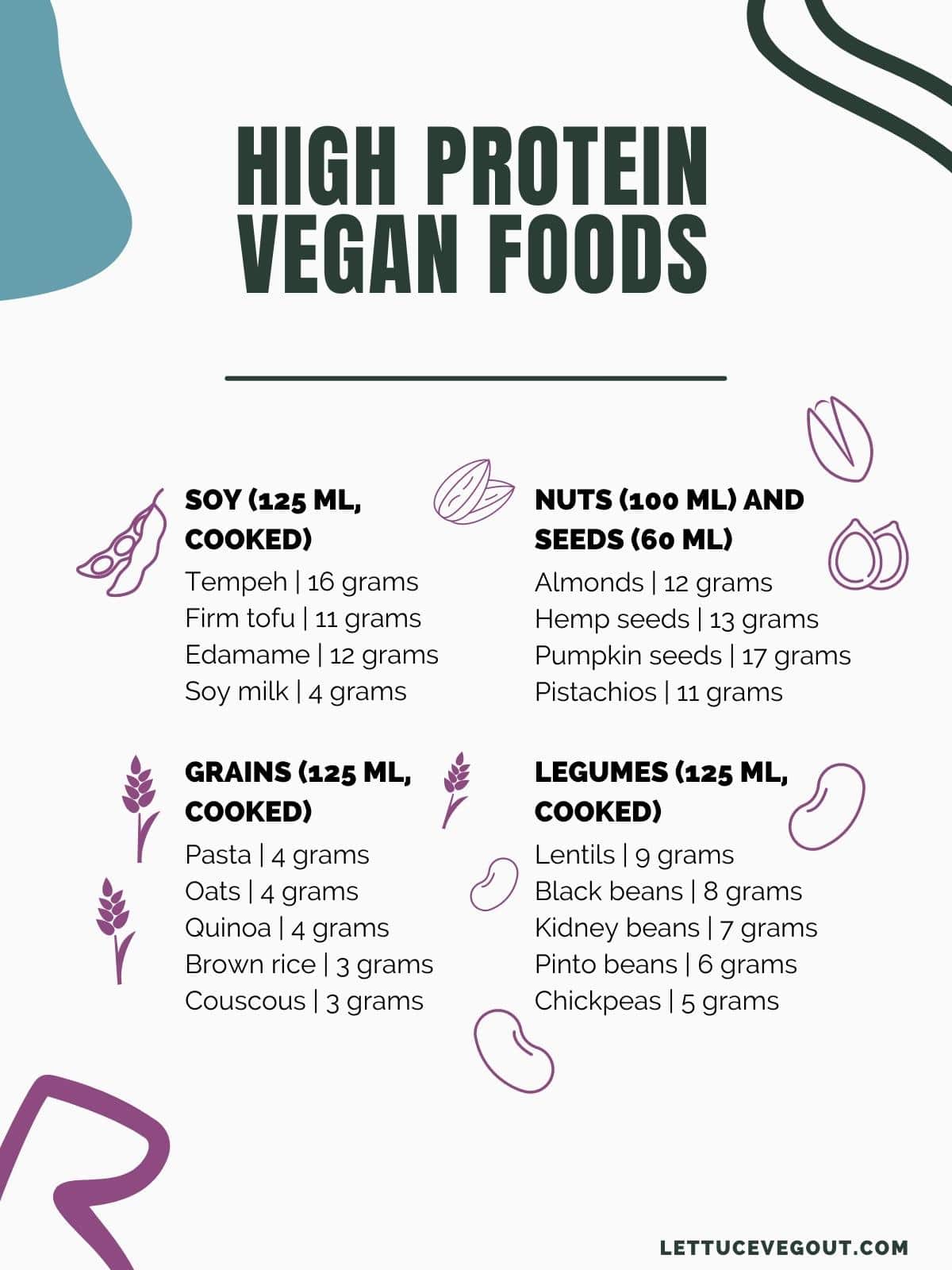Are you considering making the switch to a plant-based diet? Or maybe you’re already following a vegan lifestyle but want to ensure you’re getting all the necessary nutrients for optimal health? In this guide, we will explore the basics of plant-based diets and provide you with tips on how to achieve a balanced vegan plate. By understanding key nutrients and protein sources, you can feel confident in your plant-based eating choices and promote overall wellness. Let’s dive in and complete your vegan plate together!
Understanding the Basics of Plant-Based Diets
Plant-based diets focus on whole, minimally processed foods like fruits, vegetables, whole grains, and nuts. By eliminating animal products, individuals can reduce the risk of chronic diseases such as heart disease and diabetes. These diets are rich in vitamins, minerals, and antioxidants that support overall health.
Transitioning to a plant-based diet not only benefits personal health but also has positive effects on the environment and animal welfare. It is essential to incorporate a variety of plant-based foods into your diet to ensure you receive a wide range of nutrients necessary for overall well-being.

Key Nutrients for a Balanced Vegan Diet
When following a vegan diet, it’s important to ensure you are getting all the essential nutrients your body needs. Key nutrients for vegans include:
- Vitamin B12: Vitamin B12 is essential for nerve function and the production of DNA and red blood cells. Since B12 is primarily found in animal products, vegans may need to supplement or consume fortified foods.
- Vitamin D: Vitamin D is crucial for bone health and immune function. Sources of vegan vitamin D include fortified plant milks, mushrooms, and sunlight exposure.
- Iron: Iron is important for oxygen transport in the body. Plant-based sources of iron include legumes, lentils, spinach, and fortified cereals. Consuming vitamin C-rich foods can enhance iron absorption.
- Calcium: Calcium is essential for bone health and muscle function. Vegans can get calcium from fortified plant milks, tofu, kale, bok choy, and almonds.
- Omega-3 fatty acids: Omega-3 fats are important for heart health and brain function. Vegan sources of omega-3s include flaxseeds, chia seeds, walnuts, and algae-based supplements.
By focusing on incorporating these key nutrients into your plant-based diet, you can ensure you are meeting your nutritional needs for overall health and well-being.
Incorporating Protein Sources into Your Plant-Based Meals
Protein is an essential nutrient for overall health and wellness, and it is important to include adequate protein sources in your plant-based diet. Here are some tips for incorporating protein into your meals:
1. Diversify Your Protein Sources
- Include a variety of plant-based protein sources in your meals such as legumes (beans, lentils, chickpeas), tofu, tempeh, seitan, nuts, seeds, and grains like quinoa.
- Combining different protein sources can help ensure that you are getting a complete amino acid profile.
2. Consider Protein-Rich Snacks
- Keep protein-rich snacks on hand for a quick and easy way to boost your protein intake. Options include edamame, hummus, protein bars, or a handful of nuts.
Remember that protein needs can vary based on factors such as age, activity level, and individual goals. By incorporating a variety of plant-based protein sources into your meals and snacks, you can ensure that you are meeting your daily protein requirements while enjoying a delicious and balanced vegan diet.
















































